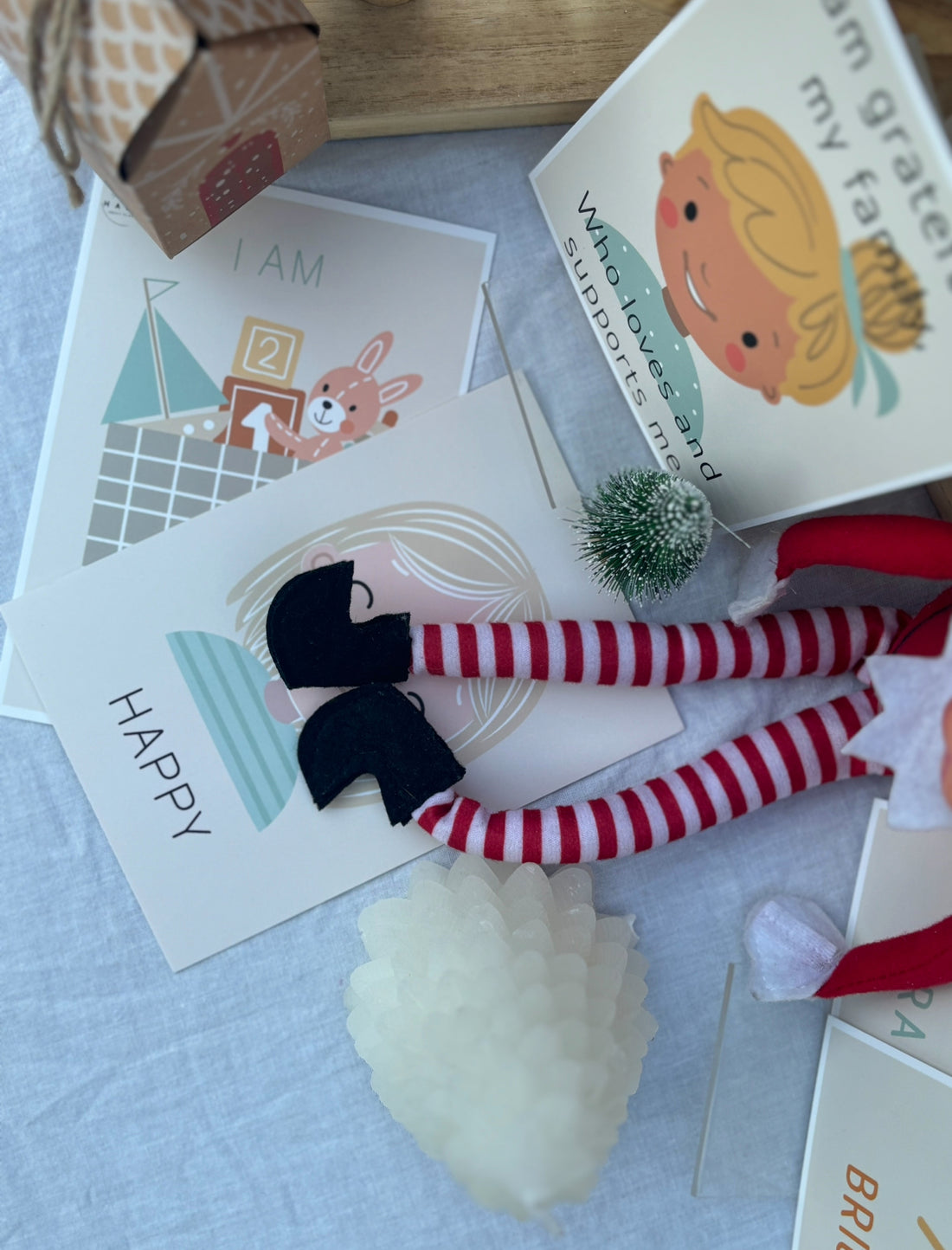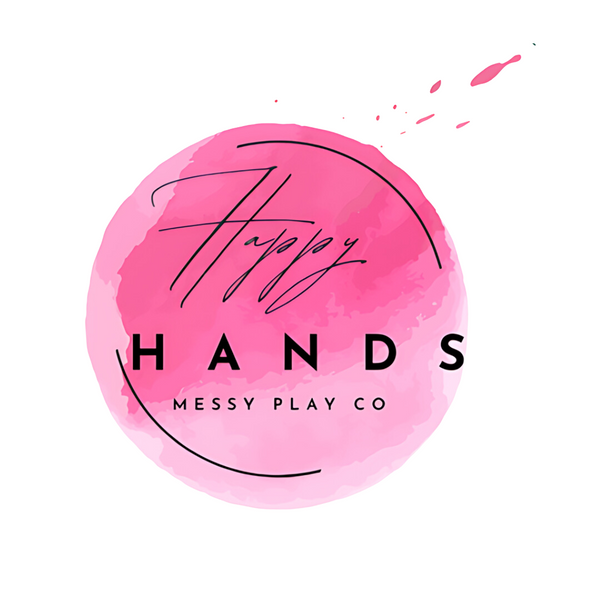
Little Hearts, Big Feelings: Nurturing Emotional Intelligence in Young Children
Share
As a parent and early childhood educator, I'm incredibly passionate about helping children develop strong emotional foundations. It's a journey that starts from the very beginning and continues throughout their lives. One of the most valuable tools we can give children is the ability to understand and manage their emotions. This is where our Gratitude, Positive Affirmations, and Emotion Card Sets come in!

These resources are designed to help children:
- Identify and name their feelings: The Emotion Card Set provides a visual representation of various emotions, making it easier for children to express themselves.
- Develop a positive mindset: Positive Affirmations foster self-esteem and resilience, encouraging children to believe in themselves.
- Cultivate gratitude: The Gratitude Cards encourage children to appreciate the good things in their lives, promoting happiness and well-being.
The Journey of Self-Regulation: A Lifelong Process
It's important to remember that self-regulation is a complex skill that develops gradually. We can't expect young children to master it overnight, or even by the time they reach adulthood! Just like learning to walk or talk, emotional regulation takes time, practice, and support.
The Whole-Brain Child by Daniel J. Siegel and Tina Payne Bryson offers fantastic insights into how children's brains develop. One strategy they highlight is the power of storytelling. By creating stories around challenging situations, we can help children process their emotions and develop coping mechanisms. For example, if a child is struggling with anger, you might create a story about a character who learns to manage their anger through deep breaths and calming techniques.
Other helpful strategies from "The Whole-Brain Child" include:
- Connect and redirect: Help children identify their emotions and then redirect their attention to a more positive activity.
- Name it to tame it: Putting feelings into words helps children understand and manage them.
- Engage, don't enrage: Respond to challenging behaviors with empathy and understanding, rather than anger.

Guidance for Educators: Fostering Emotional Well-being in the Classroom
Early childhood educators play a vital role in supporting children's emotional development. Here are some key takeaways:
- Create a safe and supportive environment: Children need to feel secure and accepted to express their emotions freely.
- Observe and respond to children's cues: Pay attention to children's non-verbal communication and emotional expressions.
- Model positive emotional regulation: Children learn by watching the adults around them. Show them how to manage your own emotions effectively.
- Embed emotional support into the curriculum: Use stories, songs, and activities to teach children about emotions and coping strategies.
These practices align with the Early Years Learning Framework (EYLF), which emphasizes the importance of social and emotional development in early childhood education. They also reflect the developmental milestones outlined in theorists like Erik Erikson's stages of psychosocial development and Jean Piaget's cognitive development theory.
Remember, every child develops at their own pace. By providing consistent support, encouragement, and understanding, we can empower children to navigate the world of emotions with confidence and resilience.

Learn more about our Gratitude, Positive Affirmations, and Emotion Card Sets here! https://happyhandsmessyplayco.com/

#happyhandsmessyplayco #emotionalintelligence #earlychildhoodeducation #selfregulation #wholebrainchild #gratitude #positiveaffirmations #emotioncards #teachersofinstagram #earlyyearslearningframework #erikerikson #jeanpiaget
